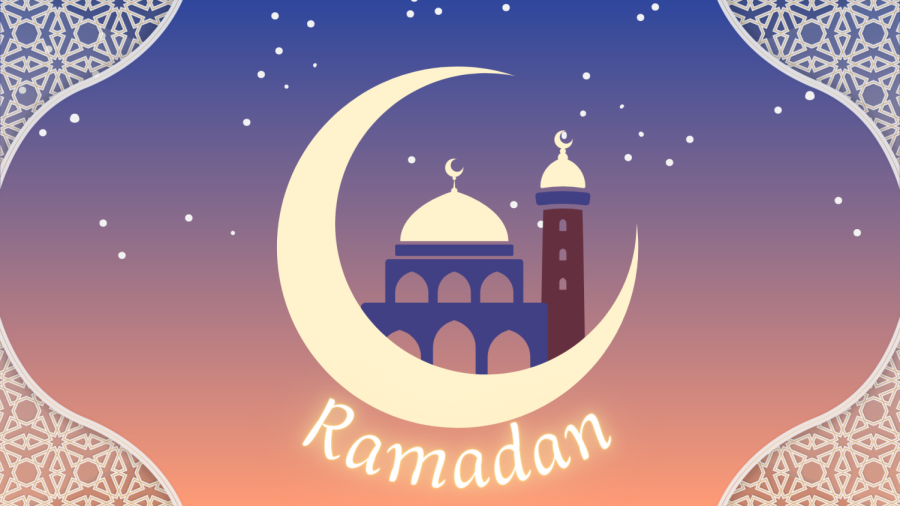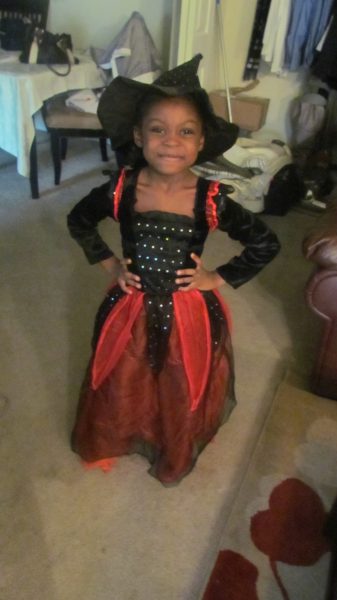The non-Muslim’s guide to Ramadan
There are dos and don’ts when it comes to Ramadan, the Islamic holy month. Read further to educate yourself on the background of Ramadan and how to respect those who practice Islam.
As most of you are aware, the holy Islamic month of Ramadan has begun. During the month of Ramadan, Muslims around the world partake in Sawm (fasting), the fourth pillar of Islam. Everyday, from dawn to sunset Muslims abstain from eating and drinking (not even water).
There are a few exceptions from the fast, which include children who have not reached puberty, elderly people, those who are physically or mentally incapable of fasting, pregnant or menstruating women, breastfeeding mothers, and anyone traveling to a different time zone.
Before the fast begins, there is Suhoor, which refers to the pre-dawn meal. Suhoor occurs before Fajr, which is the cut off for eating and the first prayer of the day. The times for Fajr change day-to-day. This year, the times range from 5:00 am to 5:50 am. Suhoor is very important because it provides those who fast with the energy that they will need until sunset. This means that many wake up earlier than they are used to.
Ramadan is more than just abstaining from eating and drinking. But that begs the question—what exactly is Ramadan?
Ramadan is a time where Muslims gather to observe the ninth month in the Islamic calendar. The month is sacred as it marks when Allah Subhanahu wa ta’ala (God) gave the first chapters of the Quran to the Prophet Muhammad alayhi as-salām (peace be upon him)
Picture this—during Ramadan, the gates of Heaven are open and the gates of hell are closed. What this means is that Shaytan (the devil in the Quran) is chained. For Muslims, this means that their sins are now their own, outside of Shaytan’s influence.
Muslims undergo a process of self-purification throughout the month of Ramadan. With the ultimate goal of becoming a better person and building a closer relationship to Allah SWT and the Islam faith overall. Many give up activities such as video games, attending parties, and any addictive behaviors. During Ramadan, Muslims also give Zakat (charity), which is the third pillar of Islam.
Now that you’ve learned the basics, here are some quick dos and don’ts:
Do wish your Muslim friends a happy Ramadan. It is perfectly okay to wish a Muslim a happy month of Ramadan—most Muslims actually really appreciate the gesture. The proper way to do so is by saying either “Ramadan Mubarak” [‘Muu-ba-rack’] which translates to “Happy Ramadan.” You may also say, “Ramadan Kareem” [‘Kah-reem’] which translates to “Blessed Ramadan.”
Don’t ask questions along the lines of “Are you hungry?” or “Not even water?!” Regardless of your intentions, it’s impolite.
Do do your own research to deepen your knowledge as this was just some basic information. Feel free to dive deeper and educate yourself.
Don’t beat yourself up if you make a mistake and offer your friend a piece of gum, as long as you apologize and try your best to ensure it doesn’t happen again, it’s okay. Mistakes happen!
Ramadan Kareem!
Your donation will support the student journalists of Watkins Mill High School. Your contribution will allow us to purchase equipment and cover our annual website hosting costs.

Sarah Bamba is a senior at Watkins Mill and a Staff Writer on The Current. She is an International Baccalaureate Diploma student, and plans to the University...









